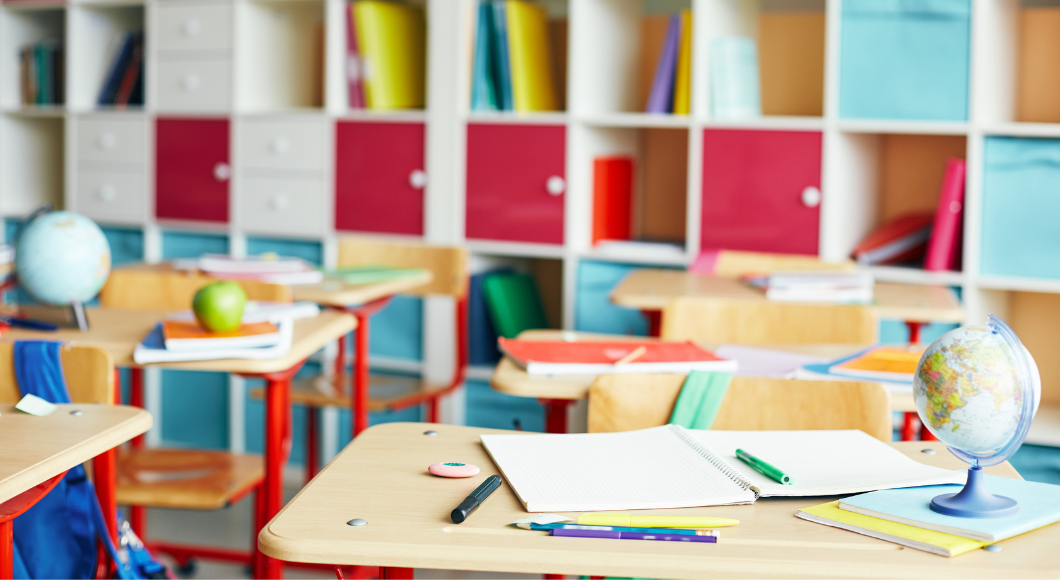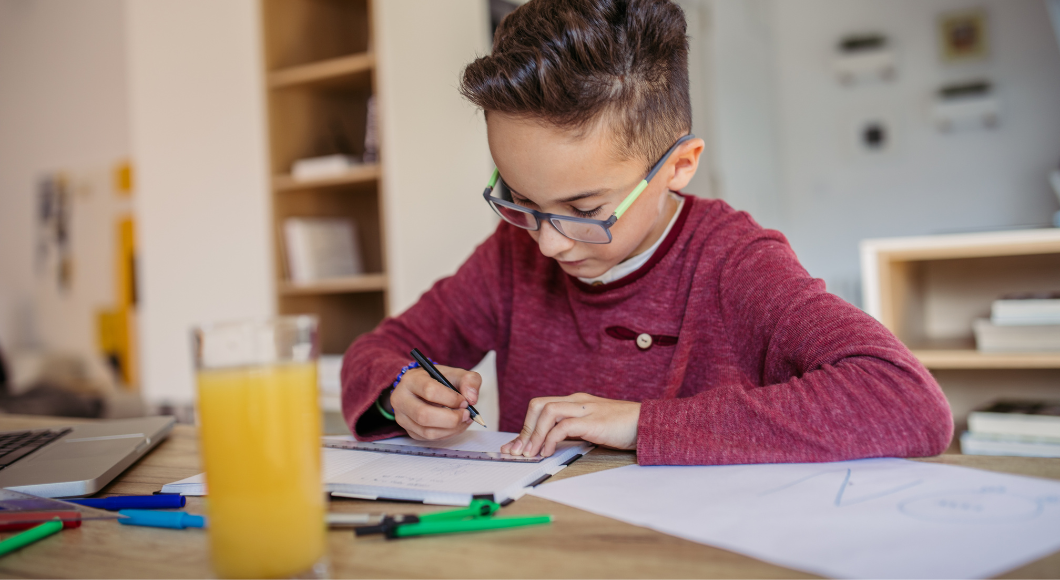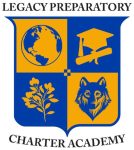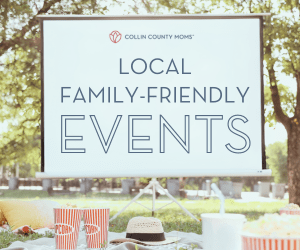Disclaimer :: This article is sponsored by Legacy Preparatory Charter Academy.
 As charter schools become more prevalent in our area, it’s worth noting the differences between a charter school and traditional public school.
As charter schools become more prevalent in our area, it’s worth noting the differences between a charter school and traditional public school.
Both are public education options, but charter schools have been granted the flexibility to operate more like private schools (while still remaining tuition-free).
Okay, but what exactly does THAT mean? And how does it work?
Like private schools, charter schools aim to go beyond a one-size-fits-all approach to education. The idea is to understand each student’s learning needs and provide individualized learning techniques best suited to that child.
And like traditional public schools, charter schools are supported by state taxes, so they are tuition-free and open to all students.
>> RELATED RESOURCE :: A Guide to Collin County Education & Childcare <<
Student Led and Student Centered
The charter school system is pretty diverse — different schools employ different learning models and education philosophies.
Project-based learning is an education philosophy promoted by Legacy Preparatory Charter Academy in Plano. And it might be a great fit for your child.
Project-based learning environments give kids the opportunity to take ownership of their education. Instead of lecturing to students, teachers coach on how to take charge of acquiring knowledge for themselves.
The result? Children learn teamwork, problem solving, time management, and how to research and synthesize information, all of which will serve them very well in college (and in life).
Project-based learning techniques include:
- Self- and peer-assessment.
- Allowing students to actively enquire about subjects.
- Letting students choose how to manage their own projects (as opposed to simply following a set of instructions).
Through it all, students learn how to best accomplish their desired goals. And teachers ensure students learn and grow through each step of the process.
 21st Century Skills
21st Century Skills
Something interesting about project-based learning is how it particularly prepares students for success in our global, high-tech, rapidly changing society. A project-based learning model promotes:
- Personal and social responsibility.
- Planning, critical thinking, reasoning, and creativity.
- Strong communication skills, both for interpersonal and presentation needs.
- Cross-cultural understanding.
- Visualizing and decision making.
- Knowing how and when to use technology and choosing the most appropriate tool for the task.
So, instead of rote memorization and passive learning (so old-fashioned), students have projects and performance tasks directly linked to real world experiences, case studies, and careers. And project-based learning is naturally highly interdisciplinary, because real-life problems require knowledge from more than one subject area.
>> RELATED READ :: When Back to School Means a New School <<
Making a Change
What if your child has been in traditional school for a while and is new to this style of learning? Don’t worry. Legacy Preparatory introduces students to this learning model gradually. Kids get comfortable in the new system before teachers implement longer, more complex projects.
Note: Legacy Preparatory offers a project-based, dual-language curriculum. It also offers gifted and talented programs, special education, and bilingual and ESL services to meet the unique needs of its students.
When it comes to your child’s education, you have options! If project-based learning sounds like it might be a good fit for your child and your family, take a look at Legacy Preparatory Academy.
 Legacy Preparatory Charter Academy serves grades k – 12 and provides a project-based learning environment with teachings oriented around a STEM culture. The goal is to develop and inspire innovative, critical-thinking scholars who influence our global society. Campuses are located in Plano and Mesquite. Learn more at the Legacy Preparatory website and follow the school on Facebook and Twitter for more information.
Legacy Preparatory Charter Academy serves grades k – 12 and provides a project-based learning environment with teachings oriented around a STEM culture. The goal is to develop and inspire innovative, critical-thinking scholars who influence our global society. Campuses are located in Plano and Mesquite. Learn more at the Legacy Preparatory website and follow the school on Facebook and Twitter for more information.













